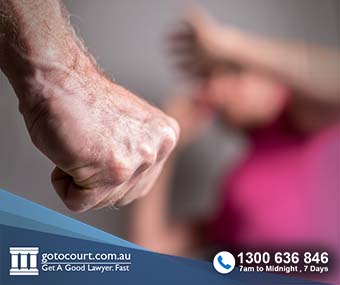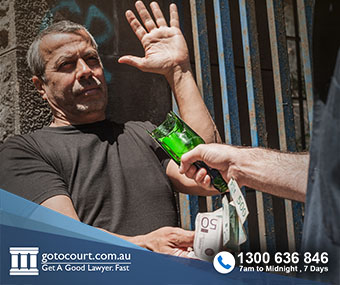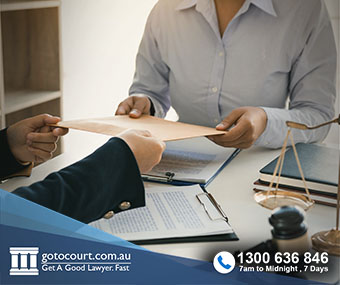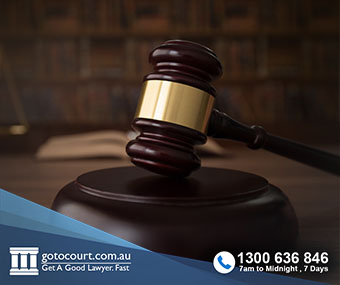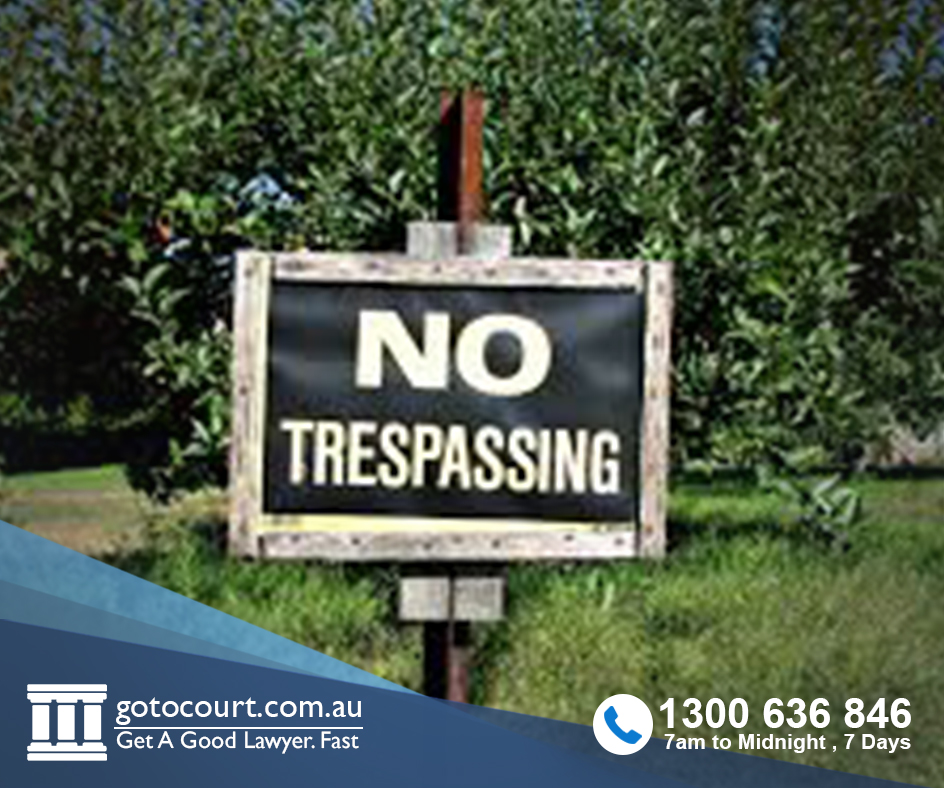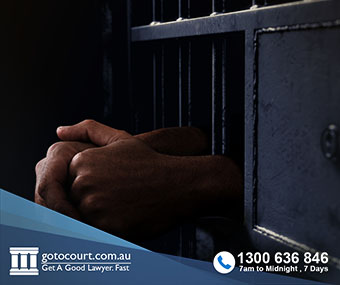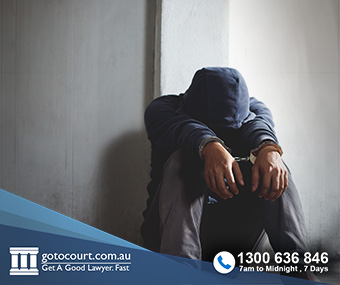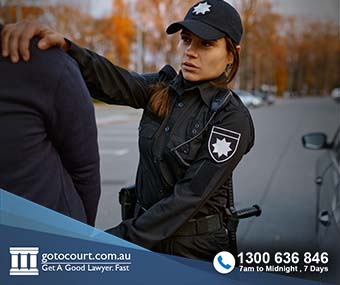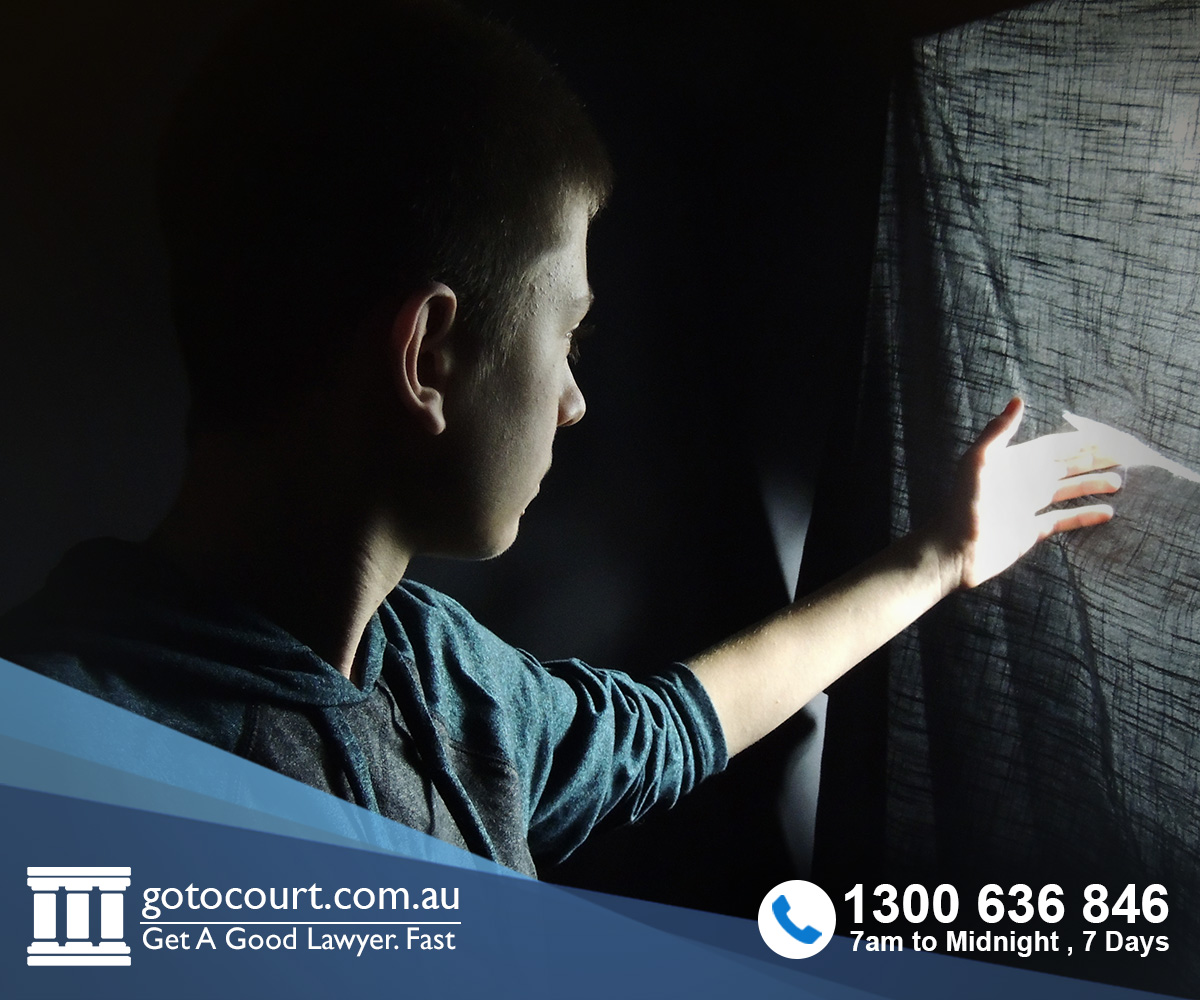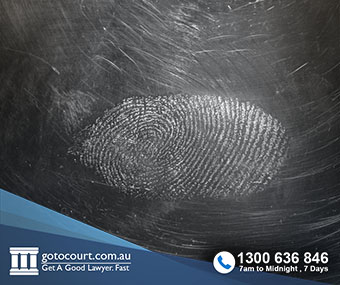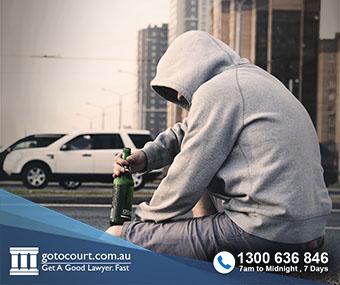Call our lawyers
now
or,
have our lawyers
call you
When Police Can Enter Premises (Qld)
Updated on Dec 13, 2022 • 3 min read • 812 views • Copy Link
When Police Can Enter Premises (Qld)
Police are generally not allowed to enter private properties without the consent of the occupier. However, there are some circumstances when police can enter premises without consent. These situations are limited and clearly set out in legislation.
Under the Police Powers and Responsibilities Act (2000), police can enter private property without the consent of the occupier in certain situations. The circumstances in which police may do this are outlined below.
To investigate a suspected criminal offence
One of the circumstances when police can enter premises is to investigate a criminal offense that they suspect has been or is being committed.
To serve documents
The police may enter a private property in order to effect service of court documents, for example, a Domestic Violence Order (DVO).
To arrest or detain someone
Under the Police Powers and Responsibilities Act, police may enter premises in order to lawfully arrest or detain a person if they reasonably suspect that the person is in the dwelling (Section 21). ‘Reasonable suspicion’ is difficult to define, but courts have stated that there needs to be some fact that would cause a reasonably minded person to conclude something. The police officer’s suspicion does not have to be right, only reasonable.
To execute a search warrant
A search warrant is a legal document that authorises an officer to explore a premise. It stipulates the scope and reach of the search. A search warrant can authorise a police officer to enter and search the place but only to the extent covered by the warrant. Police officers are not authorised to conduct property explorations beyond what is stated in the search warrant.
To prevent loss of evidence
Police can lawfully enter premises without the occupier’s consent to prevent the loss of evidence (Section 160). The police can justify entering your home if they suspect that evidence will be concealed or destroyed unless the place is immediately entered and searched.
To prevent injury, damage or domestic violence
Another situation when police can enter premises is to prevent injury to a person, damage to property or domestic violence (Sections 609-611). For example, if an individual is attempting suicide, the police may enter to prevent this being completed. If a person is physically abusing their partner, police may enter to stop the abuse continuing.
To ease excess noise
If you are playing loud music and the noise is extreme police can enter your property without a warrant (Section 581) in order to put a stop to the noise.
You may not refuse entry to police in any of the above situations and if you attempt to do so you may be charged with a criminal offense, such as obstructing police (Section 790) or assault police.
How much force can police use to gain entry?
The police may only use the level of force that is reasonably necessary to enter a property (Section 614). What is reasonably necessary depends on the situation. If a person is being seriously assaulted, police could justify breaking a door down to gain entry. However, they could not justify breaking down a door to effect service of a DVO.
What can you do when police seek to access your property?
Do not be aggressive or physically touch or try to remove officers from your property. If you believe that police do not have grounds to enter your property without your consent or without a warrant, simply tell them clearly:
- That you are not inviting them in
- That you do not consent to them remaining on any part of your land or property.


Affordable Lawyers
Our Go To Court Lawyers will assist you in all areas of law. We specialise in providing legal advice urgently – at the time when you need it most. If you need a lawyer right now, today, we can help you – no matter where you are in Australia.How It Works








1. You speak directly to a lawyer
When you call the Go To Court Legal Hotline, you will be connected directly to a lawyer, every time.


2. Get your legal situation assessed
We determine the best way forward in your legal matter, free of charge. If you want to go ahead and book a face-to-face appointment, we will connect you with a specialist in your local area.


3. We arrange everything as needed
If you want to go ahead and book a fact-to-face appointment, we will connect you with a specialist in your local area no matter where you are and even at very short notice.

